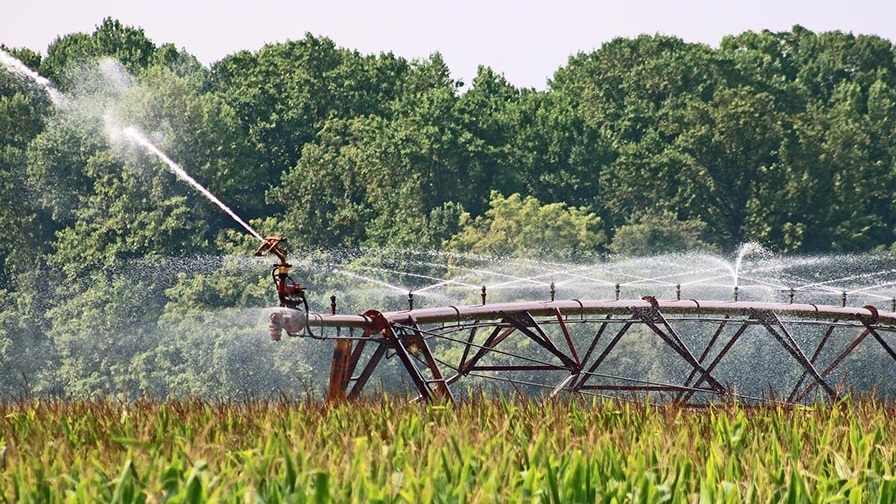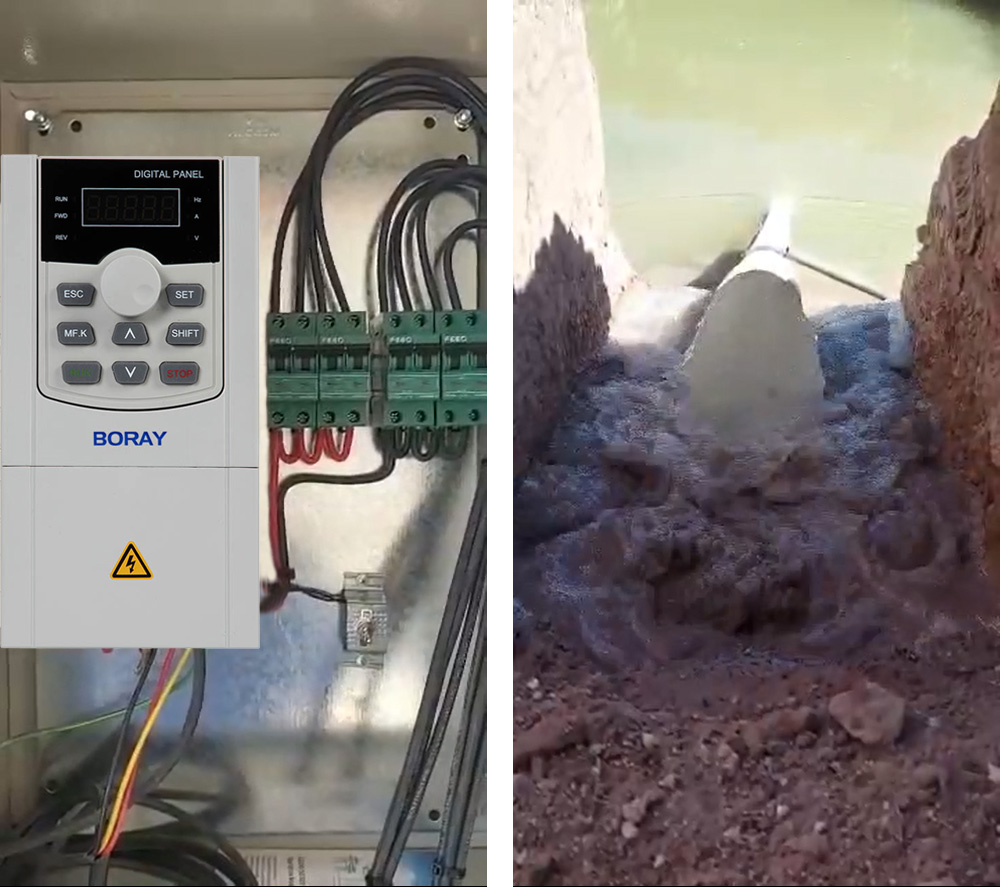In the wave of industrial automation, inverters are the core components of motor control, and their reliability directly affects production efficiency and equipment life. The emergence of waterproof inverters not only solves the control problems in harsh environments such as humidity, dust, and underwater, but also becomes one of the key technologies to promote the development of intelligent manufacturing, new energy, marine economy and other fields.
1. Break through environmental restrictions and expand industrial application scenarios
Traditional inverters are susceptible to corrosion or short circuits in humid and watery environments, resulting in frequent failures. Waterproof inverters (such as IP65 and IP68 protection levels) can cope with the following technologies through sealing design, rust-proof materials, special coatings, etc.:
- Extreme weather: such as salt spray corrosion in coastal areas and flooding in rainy seasons;
- Special industries: sewage treatment, food processing (high-pressure washing environment), aquaculture, etc.;
- Emerging fields: offshore wind power, deep-sea equipment, underwater robots, etc.
2. Improve energy efficiency and reliability to help achieve the “dual carbon” goal
Waterproof inverters are not just “waterproof”, their core technologies also include:
- Efficient heat dissipation design: maintain stable operation in a closed environment and reduce energy consumption;
- Intelligent protection function: automatically detect humidity and temperature, and preventive alarm to avoid sudden shutdown;
- Long life design: reduce device aging caused by the environment and reduce electronic waste.
- Data support: According to industry reports, waterproof inverters save an average of 15%-20% energy in a humid environment, and extend the life of the equipment by 3-5 years.
3. Social value: a win-win situation for safety and economy
- Safety improvement: avoid accidents such as fires and explosions caused by damp circuits;
- Cost reduction and efficiency improvement: reduce downtime losses, which is especially important for continuous production manufacturing;
- Environmental protection contribution: meet global requirements for green manufacturing and sustainable use of resources.
From “preventing problems before they happen” to “actively adapting to the environment”, the significance of waterproof inverters has surpassed the function of a single product and has become a microcosm of industrial resilience and innovation.




